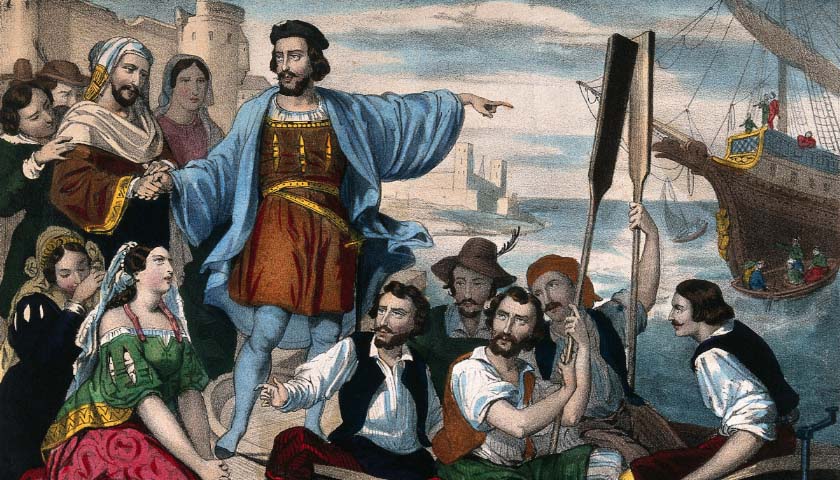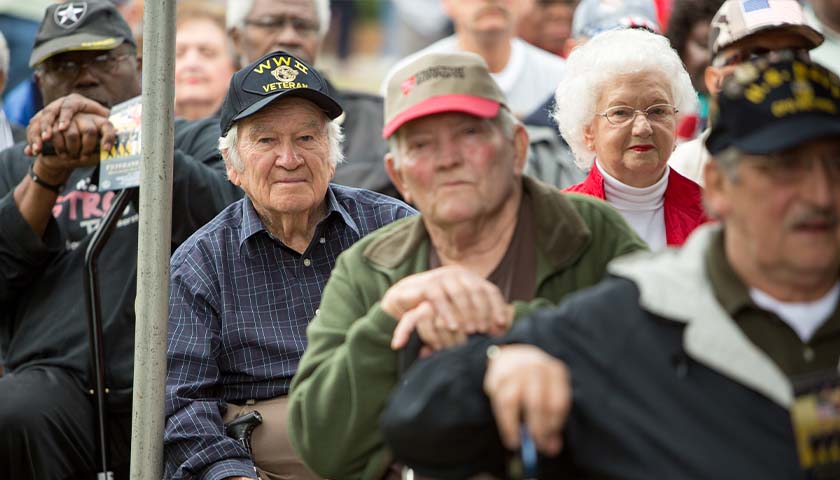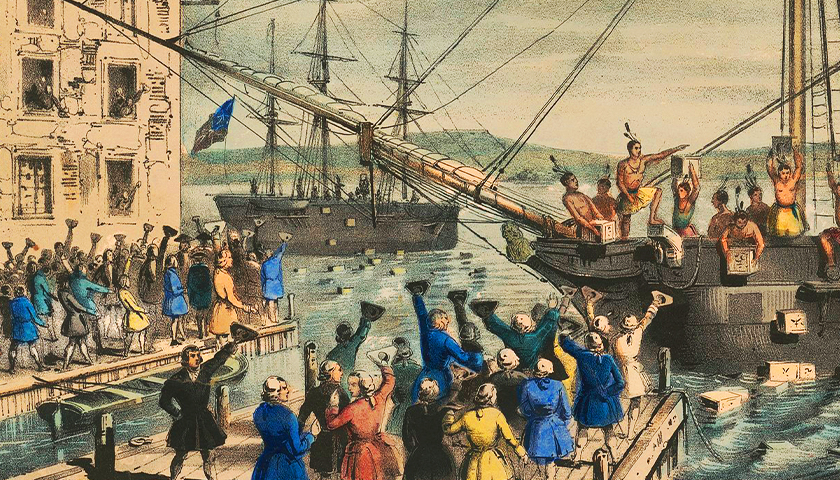Although the Pilgrims came in 1620 and held the First Thanksgiving shortly thereafter, the national holiday which we celebrate didn’t come into existence until 1863. But America was not without Thanksgiving celebrations in the intervening years. As the quotes below demonstrate, days of prayer, fasting, and thanksgiving became a frequent part of American life, particularly during the Revolutionary War.
This Thanksgiving, perhaps we would do well to go beyond our surface gratitude for things like “turkey,” “pie,” and “not having to wash the dishes,” and instead consider many of the benefits they included in their Thanksgiving lists.
Read the full story



